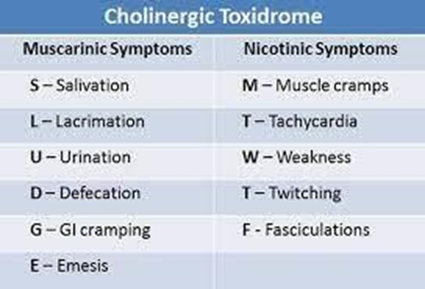A nurse is preparing to administer propranolol to a client. Which of the following should the nurse assess prior to administering this medication?
Pain level
Temperature
Heart rate
Respiratory rate
The Correct Answer is C
Choice A rationale: Propranolol is not primarily administered to address pain; therefore, assessing pain level is not directly related to its administration.
Choice B rationale: Propranolol administration is not typically associated with temperature changes.
Choice C rationale: Propranolol is a beta-blocker primarily used to reduce heart rate and blood pressure. Assessing the heart rate before administering propranolol is crucial due to its effects on cardiac function.
Choice D rationale: While propranolol might impact respiratory function, assessing heart rate is more directly related to its administration.
Nursing Test Bank
Naxlex Comprehensive Predictor Exams
Related Questions
Correct Answer is B
Explanation
Choice A rationale: The client's initial neutrophil count might be within an acceptable range for filgrastim administration.
Choice B rationale: Filgrastim, a medication used to increase white blood cell count, should ideally be stored and administered as per manufacturer recommendations.
Allowing it to sit at room temperature for an extended period could affect its potency or efficacy, necessitating an incident report.
Choice C rationale: Having chemotherapy before filgrastim administration might not necessitate an incident report.
Choice D rationale: Flushing the IV line with dextrose solution is a routine practice and might not relate to the need for an incident report.
Correct Answer is C
Explanation
Choice A rationale: Myoclonic seizures are not typically associated with neostigmine administration.
Choice B rationale: Fever is not a common adverse effect of neostigmine.
Choice C rationale: Neostigmine, a cholinesterase inhibitor, can lead to excessive muscarinic responses like increased salivation due to its effects on cholinergic receptors.
Choice D rationale: Occipital headaches are not typically reported as a response to neostigmine.

Whether you are a student looking to ace your exams or a practicing nurse seeking to enhance your expertise , our nursing education contents will empower you with the confidence and competence to make a difference in the lives of patients and become a respected leader in the healthcare field.
Visit Naxlex, invest in your future and unlock endless possibilities with our unparalleled nursing education contents today
Report Wrong Answer on the Current Question
Do you disagree with the answer? If yes, what is your expected answer? Explain.
Kindly be descriptive with the issue you are facing.
